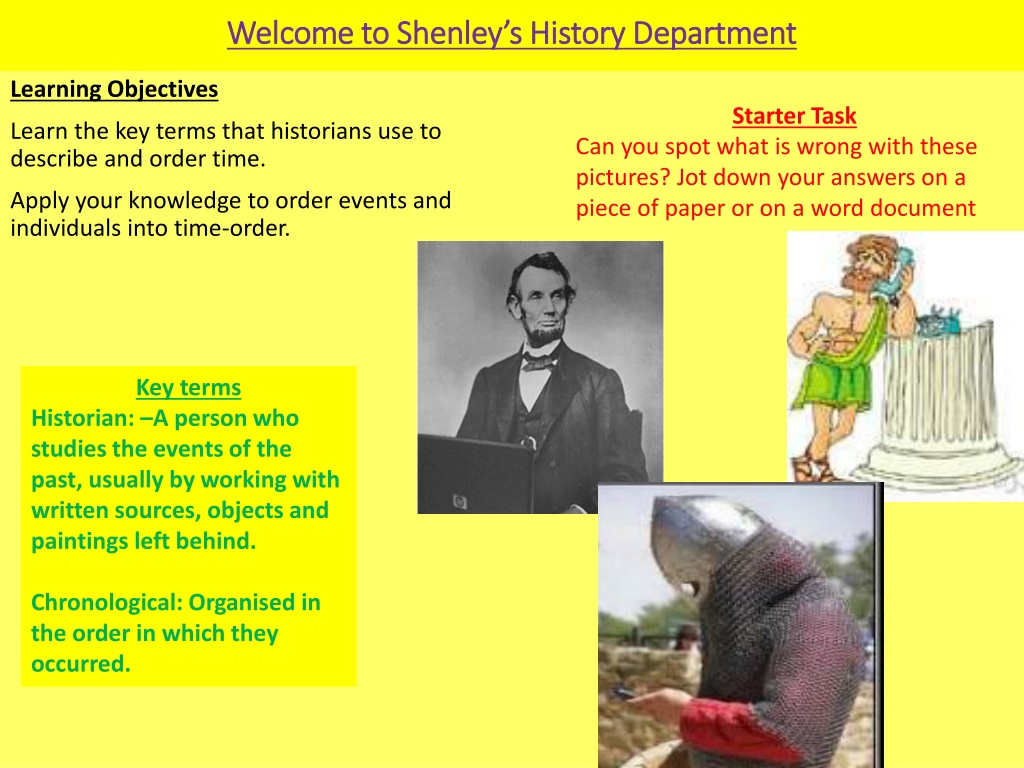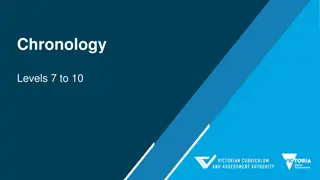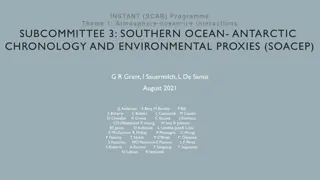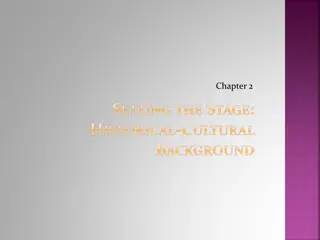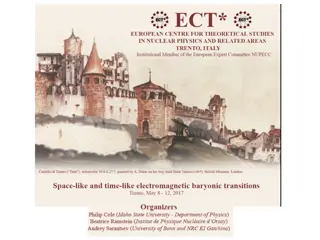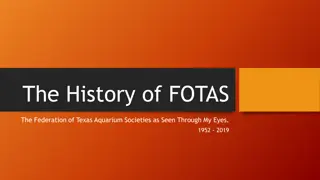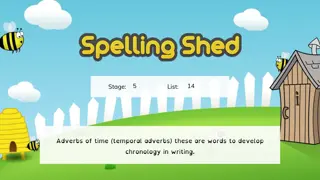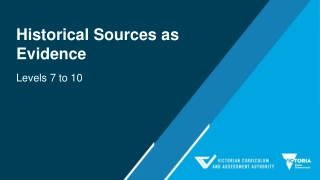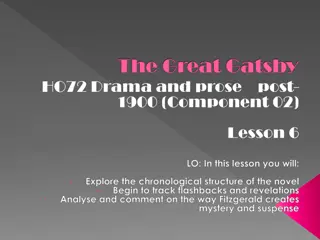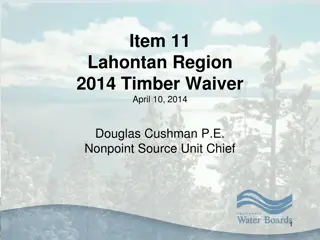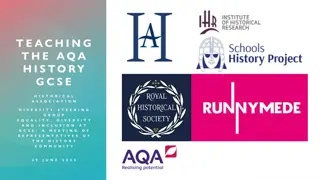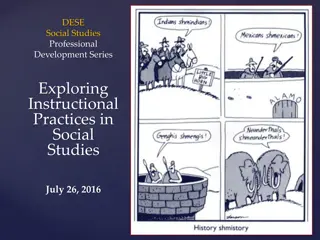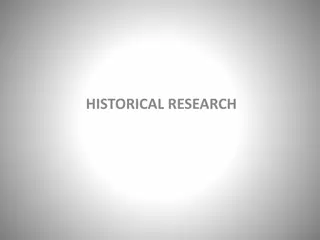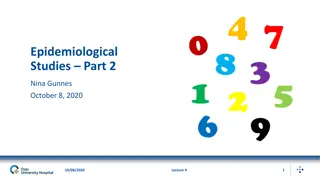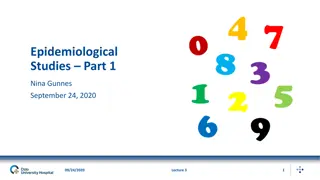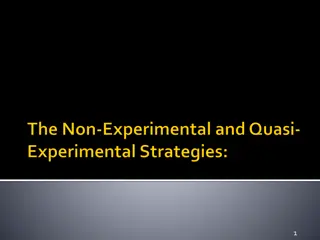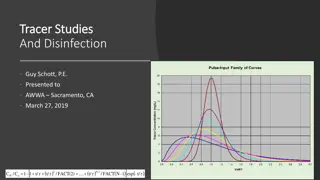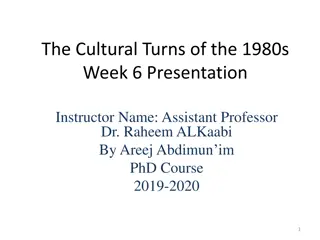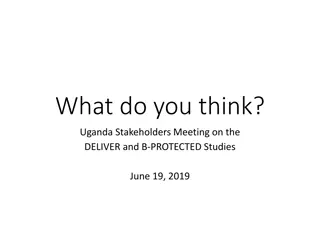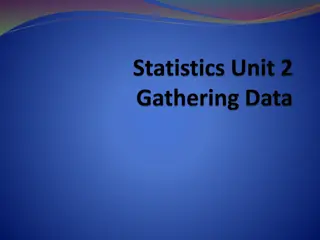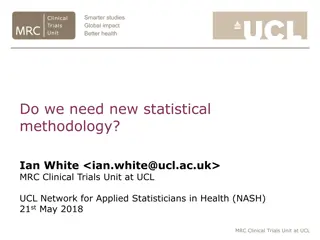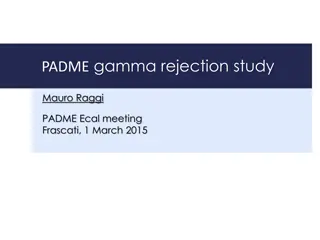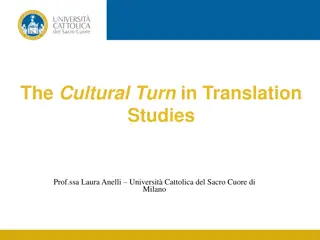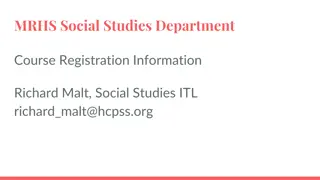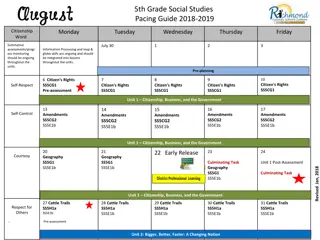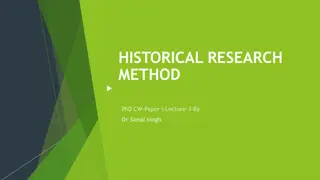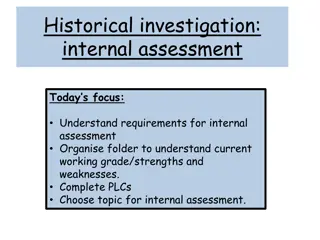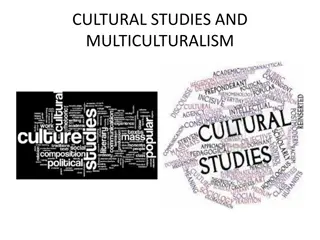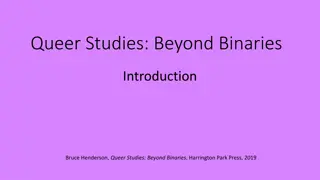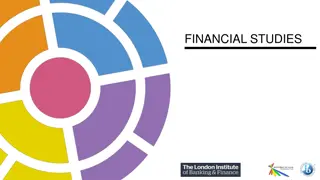Exploring Chronology in Historical Studies
Delve into the world of historical studies by learning about key terms like chronology and anachronism. Discover how historians organize events in chronological order and differentiate between periods like BC, AD, and eras. Enhance your understanding of time ordering in history through engaging activities and insights.
Download Presentation

Please find below an Image/Link to download the presentation.
The content on the website is provided AS IS for your information and personal use only. It may not be sold, licensed, or shared on other websites without obtaining consent from the author. Download presentation by click this link. If you encounter any issues during the download, it is possible that the publisher has removed the file from their server.
E N D
Presentation Transcript
Welcome to Shenleys History Department Welcome to Shenley s History Department Learning Objectives Starter Task Learn the key terms that historians use to describe and order time. Can you spot what is wrong with these pictures? Jot down your answers on a piece of paper or on a word document Apply your knowledge to order events and individuals into time-order. Key terms Historian: A person who studies the events of the past, usually by working with written sources, objects and paintings left behind. Chronological: Organised in the order in which they occurred.
How did you do? How did you do? Did you notice that the pictures were showing people Did you notice that the pictures were showing people from the past with items that were not around when they were? from the past with items that were not around when they were? This is called an anachronism, something or someone that is out of their correct historical time. So, for example, a picture of a Roman soldier with a rifle or a telephone would be an anachronism, and so would Abraham Lincoln using a laptop to write with. Landline telephones were not around in the Roman period Laptops had not been invented in the 19th Century A Viking with a mobile phone? Definitely not!
What is chronology? What is chronology? A lot of events happened in the past. To write about them, historians need to organise them. One of the ways they do this is to place events in chronological order. The table below shows some of the terms historians use as part of this process. The problem is the definitions have all been jumbled up. Draw a line to link each term to the correct definition A label used by historians to identify the time between two dates in history. For example the, Tudor, Victorian or medieval periods. BC AD Before Christ. Used to indicate the year counting backwards from the birth of Jesus Christ. For example 500BC is 500 years before Christ was born. It is also know as Before the Common Era (BCE) Period Similar to a time-period, but usually with a larger date range. Examples include the Stone, Bronze and Iron Ages Era/Age Anno Domini (Latin meaning in the year of the Lord ). Used to indicate the year counting forwards from the birth of Christ. For example, AD 500 is 500 years after Christ was born. It is also known as the Common Era (CE)
What is chronology? What is chronology? How did you do? A label used by historians to identify the time between two dates in history. For example the, Tudor, Victorian or medieval periods. BC AD Before Christ. Used to indicate the year counting backwards from the birth of Jesus Christ. For example 500BC is 500 years before Christ was born. It is also know as Before the Common Era (BCE) Period Similar to a time-period, but usually with a larger date range. Examples include the Stone, Bronze and Iron Ages Era/Age Anno Domini (Latin meaning in the year of the Lord ). Used to indicate the year counting forwards from the birth of Christ. For example, AD 500 is 500 years after Christ was born. It is also known as the Common Era (CE)
Why is chronology important? Ignoring chronology would cause historians to write incorrect explanations. If they thought mobile phones existed in the medieval period, they would think messages travelled between individuals much faster than they did. The past happened in time order. If a historian mixed up that order, it would turn history into fiction. Historians often create timelines. This helps them to see clearly when events in the past took place
Look at the long-range timeline below Draw a line from each development to the correct time- period. Then see if you can research and find a development to link to the time-periods that aren t showing one A brief history of human communication Primary School History 4500BC- 1900BC Ancient Sumer 3300BC 1700BC The Indus Valley Civilisation Bronze Age (3000BC 1500BC) 3000BC picture based writing known as Cuneiform, first used. 2686BC -525BC-Ancient Egypt 1600BC-1100BC- Shang Dynasty of Ancient China. 750BC-100BC Ancient Greece Iron Age (1500BC-27BC) 1440s printing press built by Gutenberg to print books. 1844 Electric telegraph which sends messages in Morse code invented Roman Empire (27BC AD 476) 1876 Alexander Graham Bell invents the telephone. Medieval period (AD 476 AD 1500) 1983 First national mobile phone network launched in the UK. Early Modern period (AD 1500 AD 1750) 1989 Development of the World Wide Web begins Modern period (AD 1750- Present)
Tasks Tasks 1. Write down one history topic you studied at primary school. Have a look back at the time-line, it might help you. 2. Underneath the topic (your answer to Q1)write down answers to the following questions: a) Did it happen in the BC or AD part of the timeline? b) Did it take place over one year, a decade (10years), a century (100years) or a millennium (1000 years)? c) Which time period or age did it take place in? 3. Write a short explanation of why it is important to know when an event took place. Use your chosen history topic as an example
Now have a go at writing about your history or, the history of a friend, a pet or someone famous. Don t forget to write in chronological order. Keep your work safe and bring it to your first history lesson in September The birth of a baby brother or sister. Something happens that makes you happy or angry. You go to school for the first time. You start a new hobby or join a new club. You meet a best friend for the first time. Something happens that changes your life for the better. An important event happens in the world that you clearly remember. Your sports team wins something. Your earliest memory. You move to a new house. Can t think of anything? Here are some suggestions You learn to do something new. You receive a present that you really love. You learn to walk. You go on a trip somewhere that you really enjoy. You do something in your primary school that you are really proud of. You go on a holiday that you really enjoyed.
The History of Me! I was born on __/__/____ at 0 1 2 3 4 5 6 7 8 9 10 Years 11 Years Years Year Years Years Years Years Years Years Years Years In September I will begin learning at Shenley Academy!
